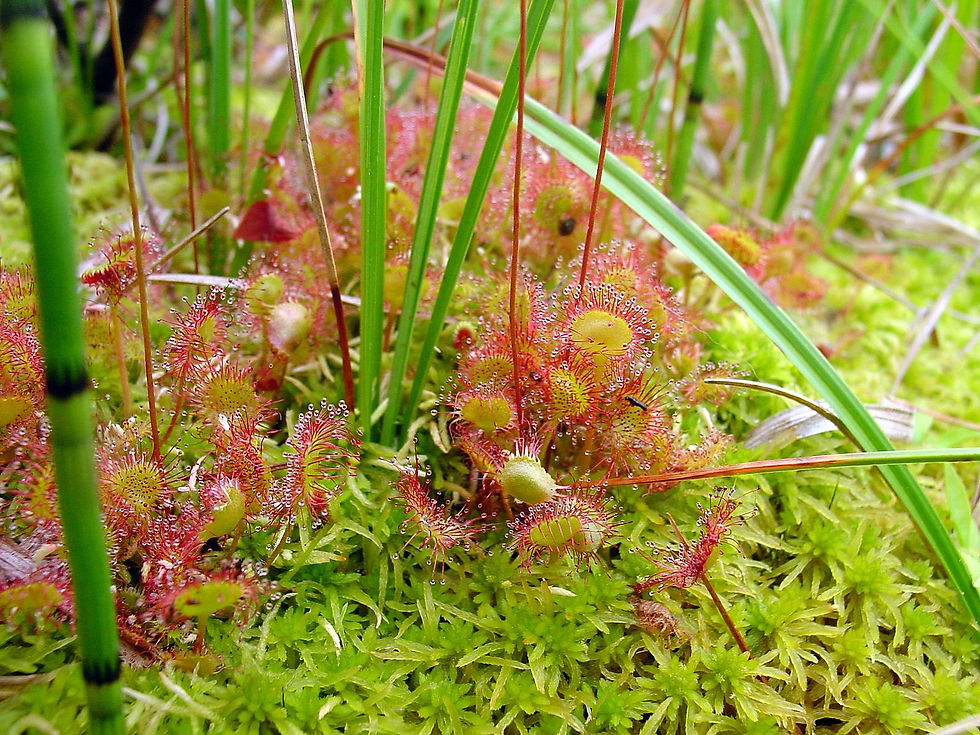Seeds: Asclepias syriaca, common milkweed. Local ecotype.
Includes a brochure with instructions on how to sow native seeds.
Seed sowing instructions
- C(30) = Asclepias syriaca seeds need at least 30 days of cold moist stratification prior to sowing.
- Alternatively, you can clip the bottom (pointed end) of the seeds off, put in a bowl of water in a warm location until they sprout roots. Remove when you see roots and sow seed in soil. Put the root end down.
- You can find more information about how to sow native seeds HERE.
Plant information
Once you become familiar with the common milkweed, you will begin to notice it all around in your travels.
This tough plant will grow in some of the worst soils, roadside, open fields, railroad passages, under powerlines, you name it! While it might not be the most delicate of the Asclepias, the flowers and seed pods provide a pleasing aesthetic, and the ecological value of this plant cannot be overstated.
Common Milkweed can be allowed to self-sow in a large area, and create quite the colony, or it’s numbers could easily be controlled by collecting the seed pods before they dry out and split.
Do plan on a decent patch of the common milkweed, as the Monarch catepillars are voracious eaters and if you are lucky enough to have some find your milkweed patch, you will quickly wish you had more!
seeds: Asclepias syriaca (Common milkweed)
packet 150 seeds stratification code C(30)
seed source naturally occuring in Plymouth county, MA type: herbaceous perennial sun needs: sun to part sun water needs: average to dry soil height: 3' plant spacing: space 2' apart bloom time: June, July, August bloom color: purple, pink

.png)
















